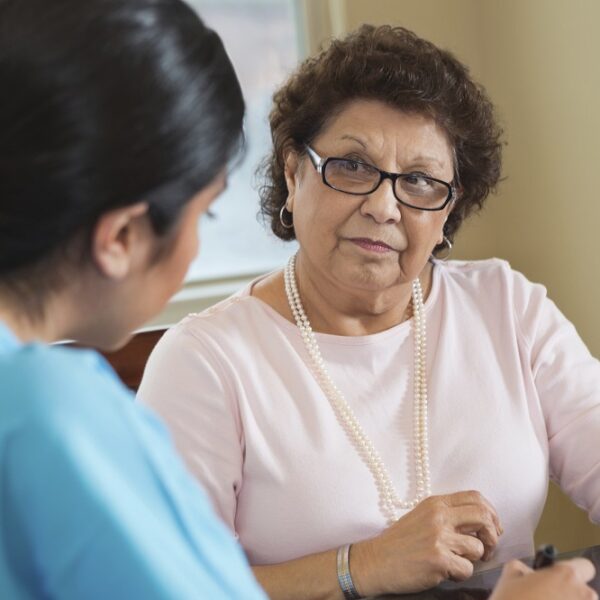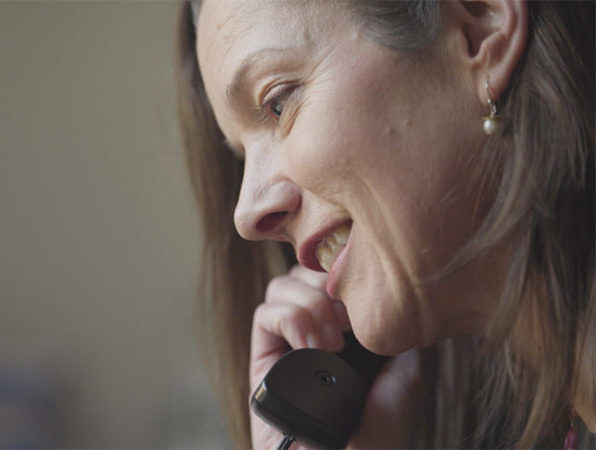What can I do?
- Your family member should be given the details of a key contact. This may be a nurse, called a clinical nurse specialist (CNS). If you haven’t been given a key contact, ask the doctor about this.
- Ask about the best way to contact the nurse with any questions.
- Keep a note of important numbers, such as who to call out of hours or in an emergency.
- Support your family member by helping to prepare questions before they speak to their doctor or nurse.
- Keep track of the dates of appointments. If your family member is happy for you to join them at their appointments, you can make notes of what is said.
- If they wish, the person you are caring for can give their GP and medical team permission to speak to you about their treatment and care.
- Ask how long your family member should expect to wait for any tests, test results and treatments. You can also ask who to contact if they have not heard anything within this time.
- If your family member is in hospital, talk to the staff about the care package for when they come home.
- Organising care and support at home can take time – try to find out what is available before you need it.
- Talk to the doctor or nurse about options for respite or hospice care, if your family member might need these.




